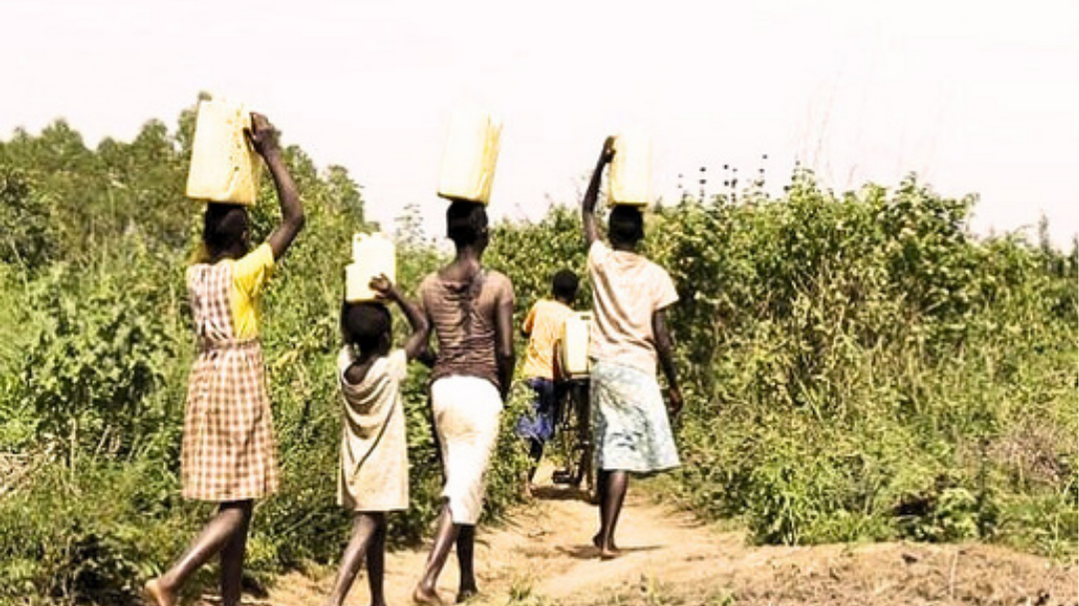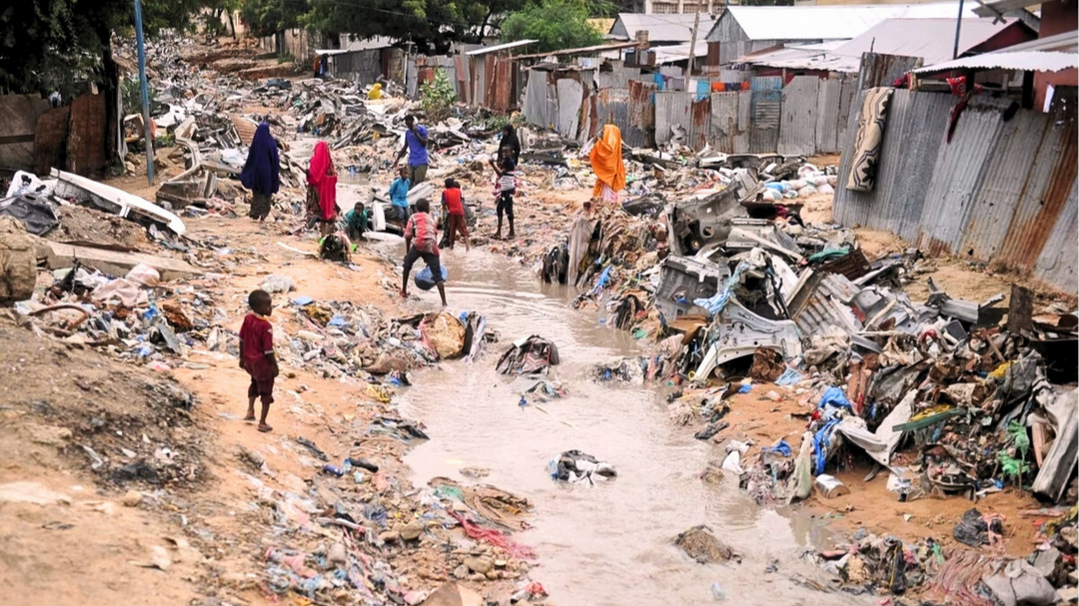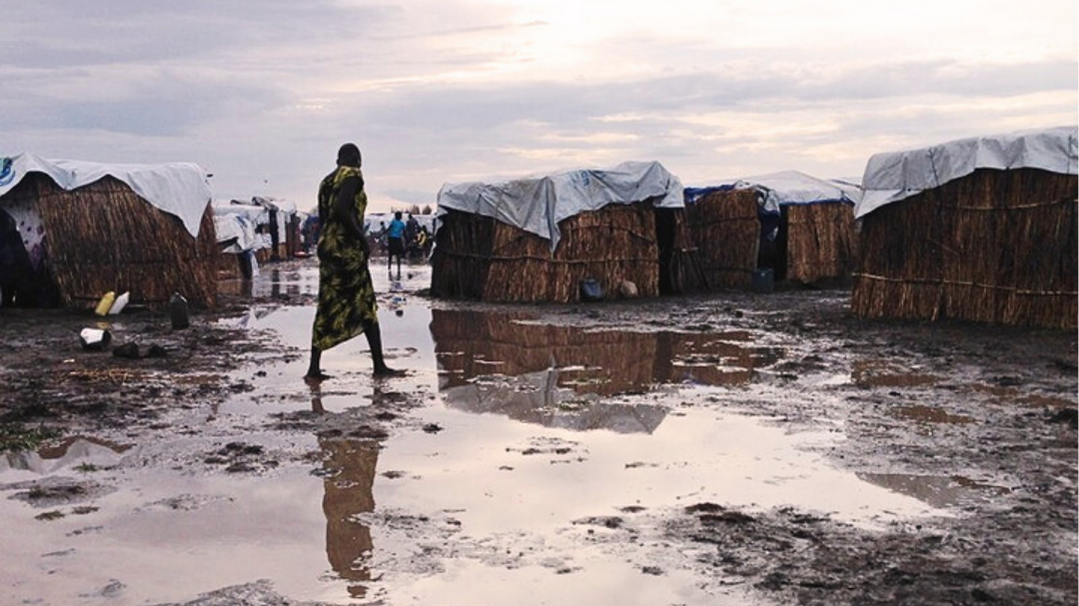WASH Program Development Needs Assessment by IDTC for UNICEF Funding
In the domain of humanitarian endeavors, the Institute of Development and Training Consultants (IDTC) has positioned itself as a pivotal contributor dedicated to providing consultancy services for addressing the pressing needs of communities grappling with water, sanitation, and hygiene (WASH) challenges. A noteworthy project within this commitment is the "Needs Assessments for WASH Programme Development," a collaborative initiative initiated to secure funding from the United Nations International Children's Emergency Fund (UNICEF).
Context of Urgency
The project responded to the critical needs of communities grappling with inadequate access to clean water, sanitation facilities, and hygiene education. In many regions, particularly those affected by conflict, displacement, or environmental crises, the lack of WASH infrastructure became a pressing humanitarian concern. IDTC, recognizing the urgency of the situation, partnered with UNICEF to conduct needs assessments and formulate a comprehensive WASH program tailored to the specific challenges faced by these communities.
Project Objectives
- Comprehensive Needs Assessment: The project's initial phase involved a thorough needs assessment, aiming to understand the current WASH conditions on the ground. IDTC deployed expert teams to conduct on-site evaluations, engaging with local communities to gather insights into their specific challenges and requirements.
- Identification of Priority Areas: Through the needs assessment, IDTC identified priority areas where the WASH situation was most dire. This involved mapping out regions with limited access to clean water sources, inadequate sanitation facilities, and insufficient hygiene education.
- Community Engagement and Empowerment: Central to the project's ethos was community engagement. IDTC ensured that the affected communities actively participated in the assessment process, providing valuable input that shaped the subsequent WASH interventions. This participatory approach empowered communities to be active stakeholders in their development.


